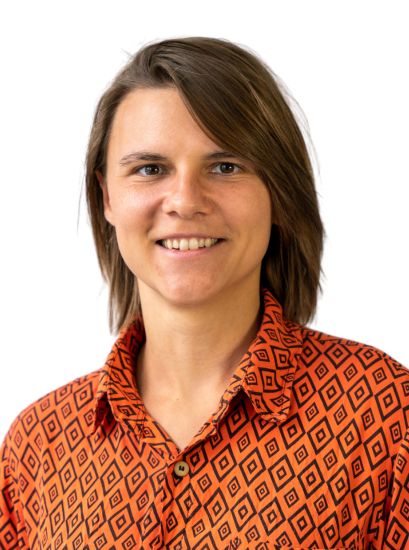
- Food Systems
- Sustainability
- Sustainability diets
- Systems literacy
- Agroecology
Mazac is working to develop scenarios of the Swedish food system, with a particular focus on how they are interconnected with changing climate and international structures.
Mazac is a Post Doctoral Researcher working on food systems transformation and models for sustainable re-design of the Swedish food system in a globalized context. Mazac works on the Mistra Food Futures project under Line Gordon, Director of the Stockholm Resilience Centre. Mazac's research interests are broadly centered on the nexus of global food systems sustainability, agroecology, and food.
Mazac completed a PhD in Interdisciplinary Environmental Sciences at the University of Helsinki in May, 2023. Mazac worked with Hanna Tuomisto in the Future Sustainable Food Systems research group. Mazac's PhD research focused on sustainable food systems and future diet shifts, investigating the potential of novel food production systems to lessen whole diet impacts on environmental and socio-cultural systems.
Mazac completed an MSc in Integrated Studies in Land and Food Systems at the University of British Columbia in Public Health and Urban Nutrition research group. Mazac's MSc thesis work involved developing a systems thinking framework for integrating sustainability considerations in national dietary guidelines. During the MSc, Mazac also worked with collaborators on the Think&EatGreen@School project and with the New Westminster School District on a universal school lunch program for Canada. Before the MSc, Mazac graduated from Hamline University in St. Paul, Minnesota with a BA degrees in Biology and Environmental Studies and worked for and urban agriculture and youth empowerment nonprofit, Spark-Y: Youth Action Labs.
Mazac’s participation in major media outlets (e.g., The Guradian, New Scientist, USA Today) can be found here. One article in particular, “Incorporation of novel foods in European diets can reduce global warming potential, water use and land use by over 80%“, received extra attention in the media.
Supervisor

